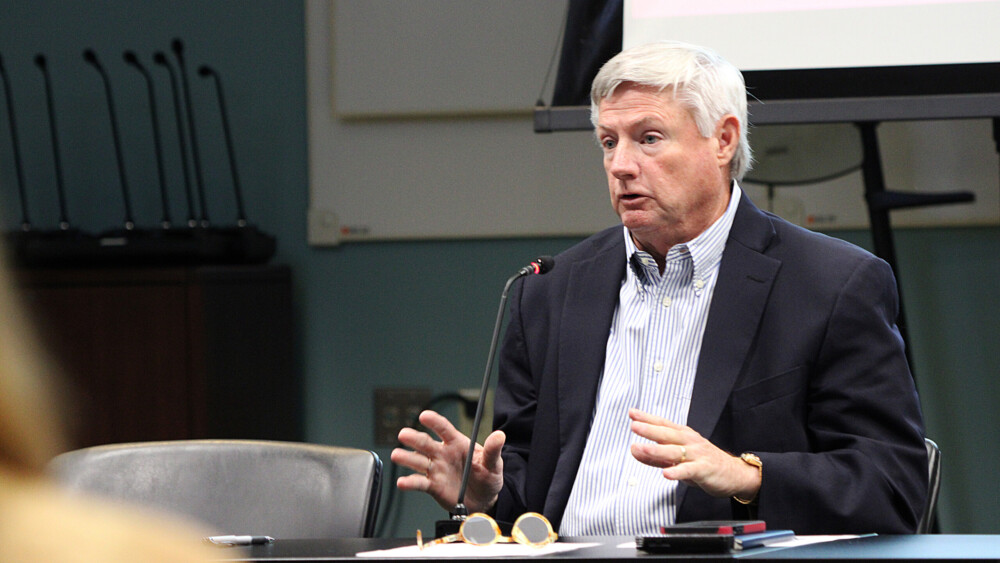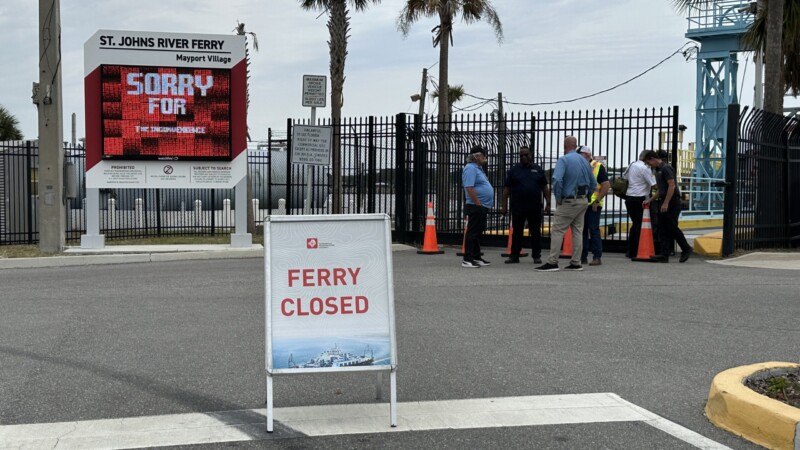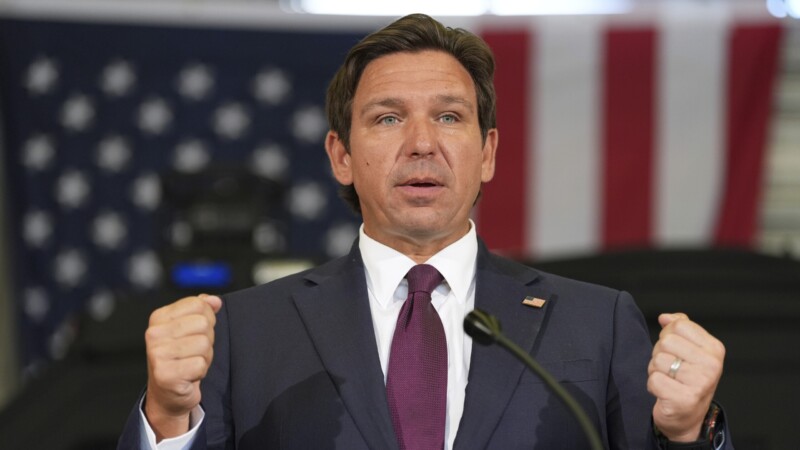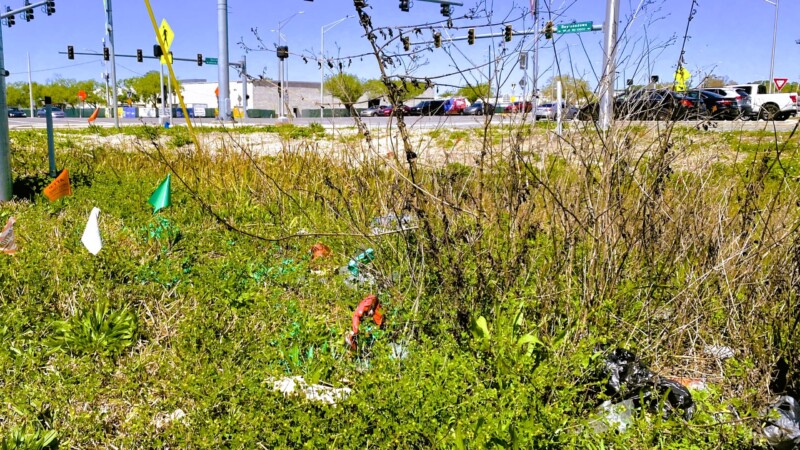A multifaceted affordable housing plan that could add 1,000 reasonably priced housing units to Jacksonville is hanging in limbo after the City Council Finance Committee removed it from Mayor Donna Deegan’s proposed budget.
Advocates say the money should be restored so it can attract $30 million in matching philanthropic investment to create $120 million worth of housing more quickly.
But council members who voted to remove the spending item say the plan should go through a separate committee vetting process rather than get passed along with the rest of the $1.9 billion budget.
The $10 million affordable housing seed loan would help establish a public-private partnership that could help developers like nonprofit Ability Housing acquire Duval County properties on which to build affordable rental housing.
At-large Council member Matt Carlucci hosted a meeting Monday to try to stir support for the loan program — which requires the $10 million commitment from City Hall. Three of his colleagues attended: District 6’s Michael Boylan, District 9’s Tyrona Clark-Murray and at-large Council member Ron Salem.
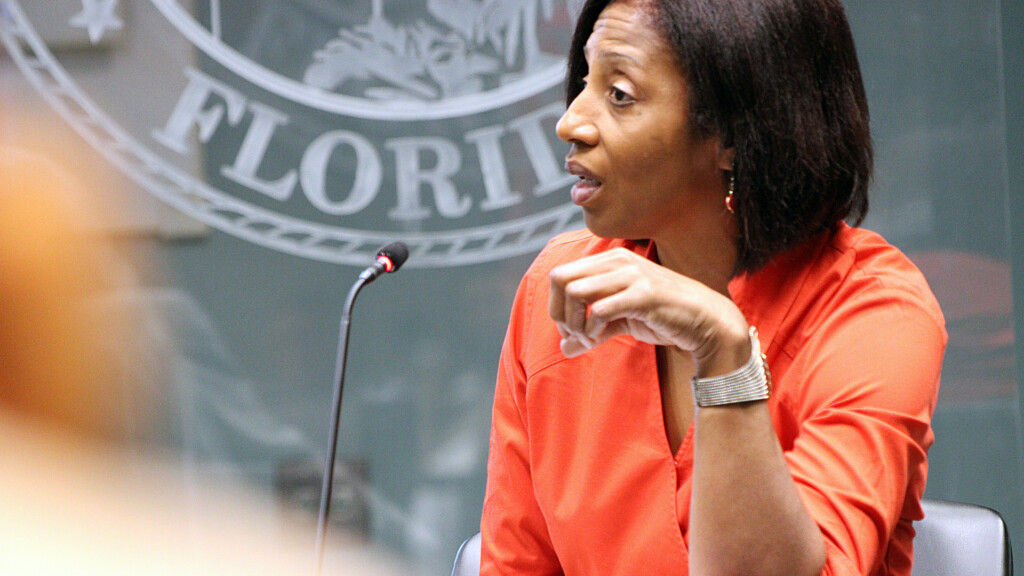
“We have a chance to… triple our investment on it,” Carlucci said at the meeting. “I don’t want to look a gift horse in the mouth. This is a very well-put-together project.”
A staunch advocate of Mayor Donna Deegan’s budget, Carlucci says he intends to introduce a legislative amendment this Friday to put the money back.
Salem, who chairs the finance committee, says he is not necessarily opposed to the housing deal – he just doesn’t know enough about it – but he is opposed to the path the plan has taken through City Hall.
“I’ve never seen an initiative like this in the budget. An initiative like this should go through the committee process,” Salem told a crowd of mostly advocates for the lending program who attended the Monday meeting. He says the committee process will also allow the public to weigh in over the course of six-to-eight weeks.
“What the finance committee has done does not prevent what I just said from happening,” Salem said. “And that’s what I’ve encouraged the administration to do.”
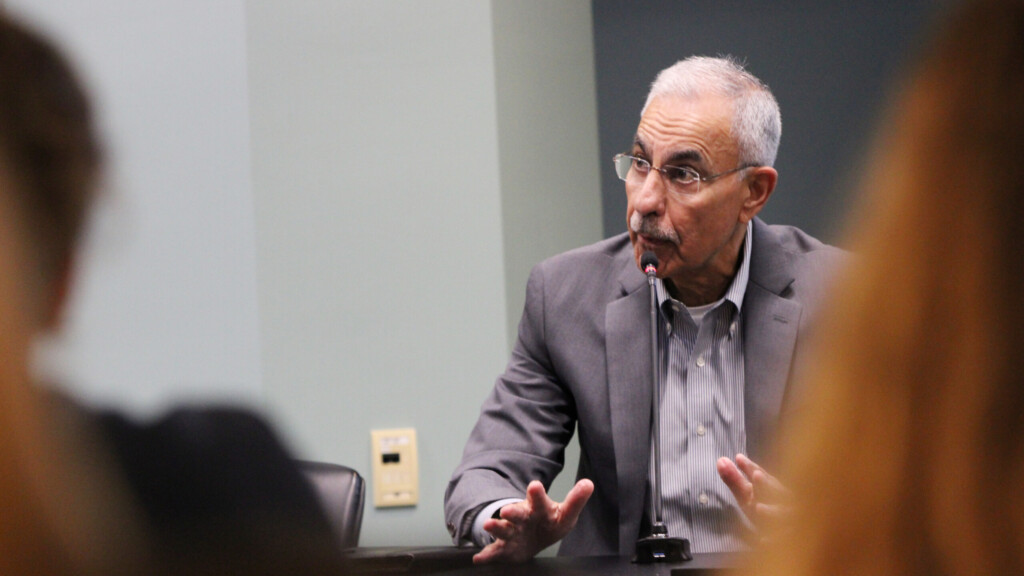
A growing problem
In Jacksonville, studies have shown that more than half of area households are cost-burdened by escalating rents – meaning they spend more than 30% of their income on housing.
Advocates of the loan program say the issue has been discussed, ad-nauseum, for years and this plan — which would create Florida’s first-of-its-kind gap financing program to fund local affordable housing – is a good start to help address the issue, even if it is not a “silver bullet.”
Chris Crothers, director of impact investing for the Jessie Ball DuPont Fund, said roughly 23,000 families are on Jacksonville Housing Authority’s waiting lists to get into a rental home. He says households who are cost-burdened include a first-year police officer, a first-year teacher, a construction worker, a couple working minimum wage jobs, adults on disabilities and seniors with limited income.
“All these examples here — right now, they are earning below the median income in Jacksonville,” Crothers said. “That’s who needs it.”
Where the $10 million would go
James Coggin, senior director of grantmaking & impact investing at the Community Foundation for Northeast Florida, says his organization is among those helping to put the plan together – others include the DuPont Fund, Northern Trust and United Way of Northeast Florida. He says money from the city, philanthropic foundations, corporations and banks would be combined and managed by Self-Help Ventures Fund.
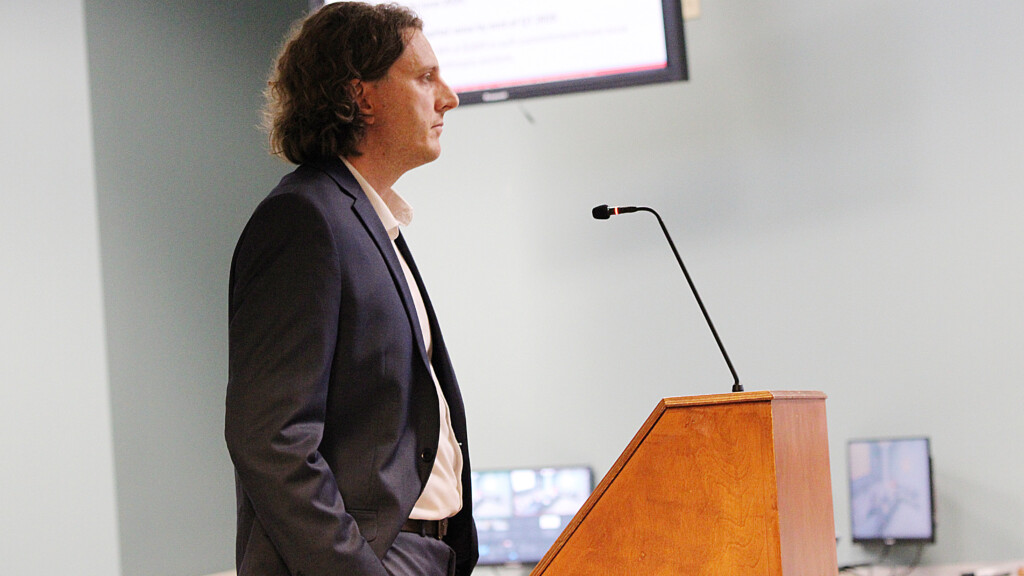
According to Coggin’s presentation, the city would be a “non-recourse investor” in the plan — meaning that it would guarantee the loan for other investors. And, “after a 20-year lockup period, Self-Help repays investor loan capital plus interest.”
To get developers to invest in affordable housing projects, the state today offers incentives called low-income tax credits, allowing them to recoup some costs involved in building the housing.
But to “bridge the gap” between funding the development and seeing ROI from the tax credits, the proposed fund could help get projects started more quickly.
The state of Florida has a loan program for this, known as State Apartment Incentive Loan, or SAIL funding. But Coggin says SAIL loans are hard to come by.
“There’s simply more deals in the pipeline than there is SAIL financing to support them,” he says.
The foundations, along with the Deegan administration, are proposing the city act in place of that state loan program.
While the city would be the guarantor for investment in the fund, Coggin says using low income tax credits to build affordable housing supply is “low risk.”
“Over the length of the program, which I believe dates back to the 60s or 70s, the default rate on Low Income Housing Tax Credit deals is less than one half of 1%,” says Coggin. “There’s a big demand here. Folks need this housing.”
“As of today,” Coggin told council members who attended the meeting, “We have about $16 million in soft commitments towards the $30 [million] that’s needed.”
Once a $40 million joint commitment is established, the fund could then leverage low-income housing tax credits, gap financing and bridge financing for acquisition and development to try to reduce risk for the external investors.
If all goes to plan, Coggin estimates 500 to 1,000 new affordable housing units would be built over five years.
John Donahoo, senior managing director of the Northern Trust Company’s North Florida market, said his company is all in.
“(We) believe in it so strongly that we are part of the soft commitment, to the extent that we would be willing and very interested in matching the mayor’s $10 million commitment,” Donahoo said.
The advocates say the public-private partnership model has been successful in three cities in North Carolina: Raleigh, Durham and Greensboro.
“We would be the first in Florida to do this,” Donahoo said. “But it’s a proven strategy.”
Next steps
Carlucci says he’ll introduce his budget amendment on Friday, when the finance committee is expected to have a “wrap-up” session before the full council considers a fully amended budget at its first meeting in September.
Editor’s Note: An earlier version of this article should have labeled the city as a “non-recourse investor” and not as stated.
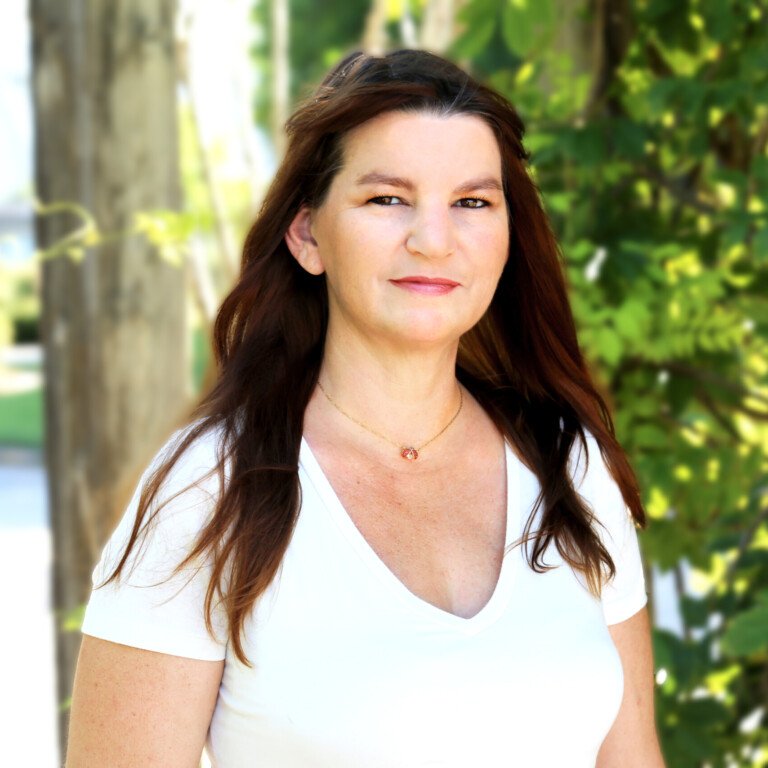
Casmira Harrison is a Jacksonville Today reporter focusing on local government in Duval County.


